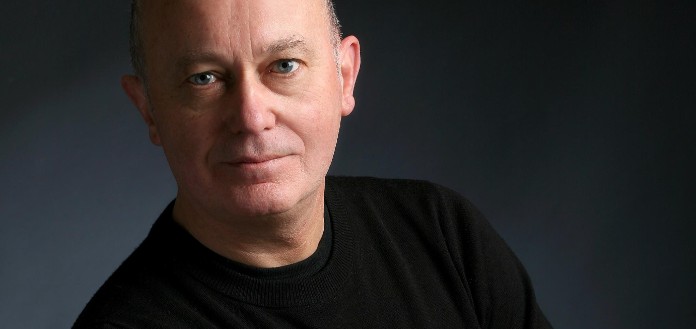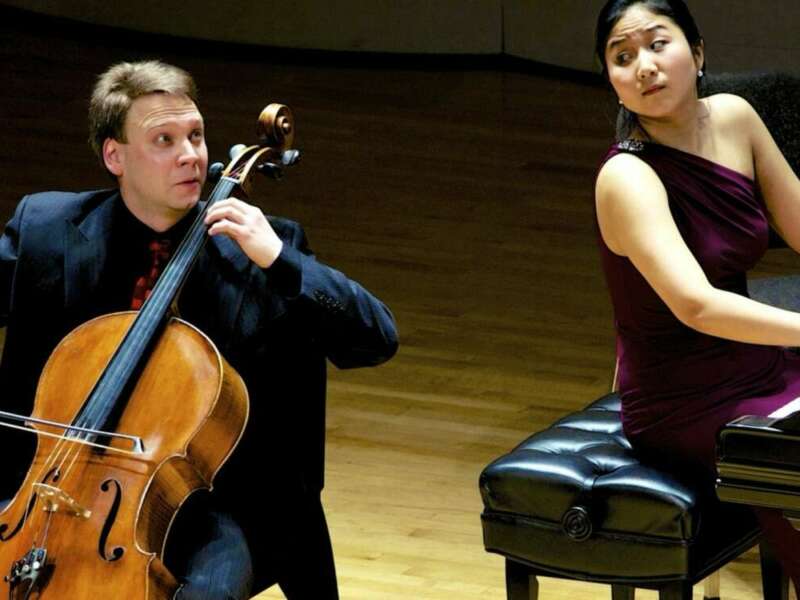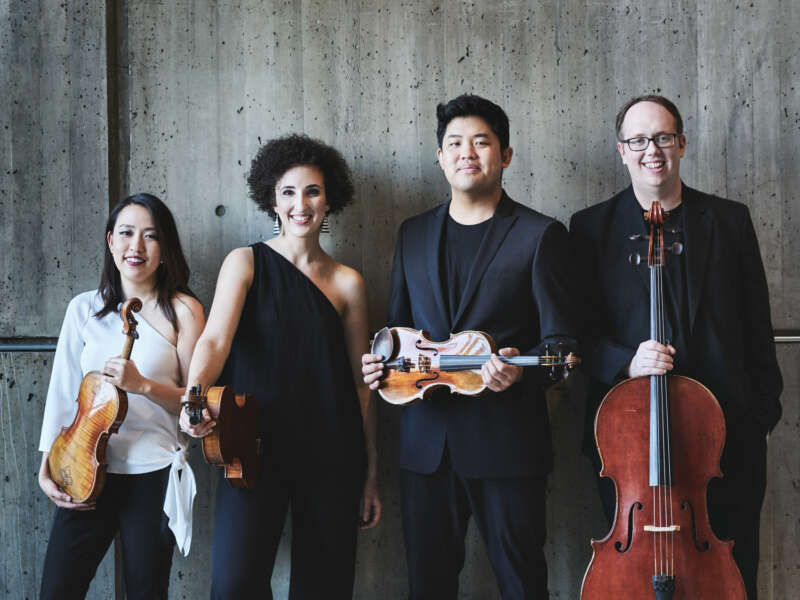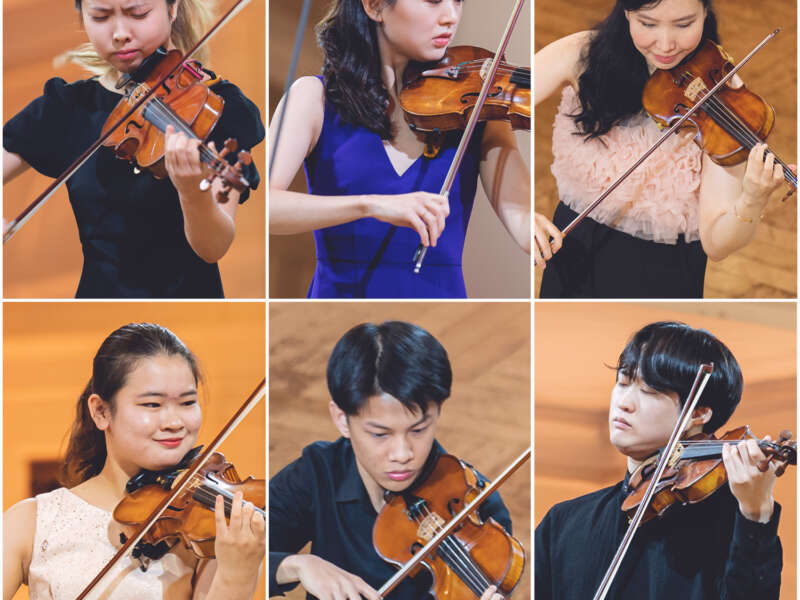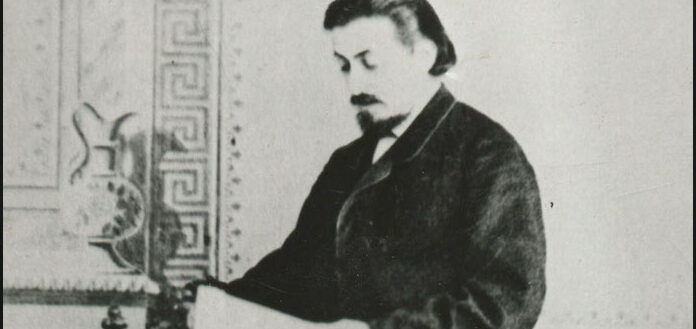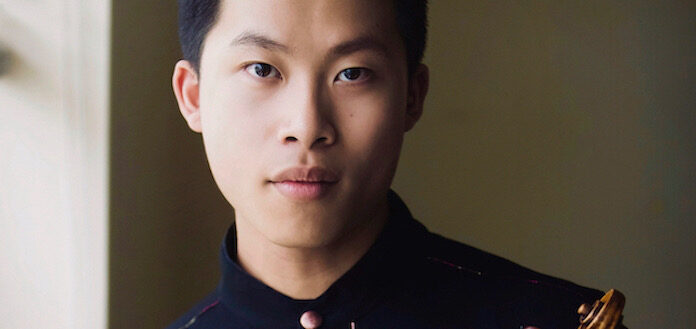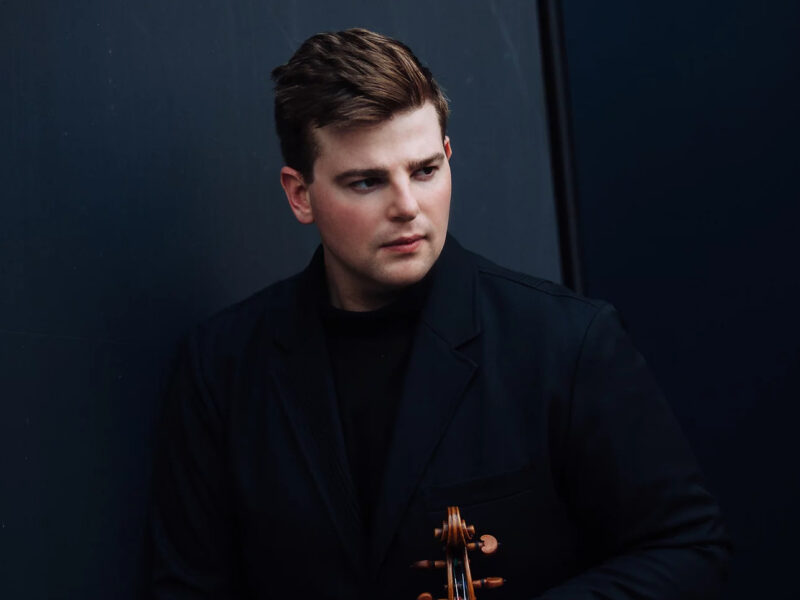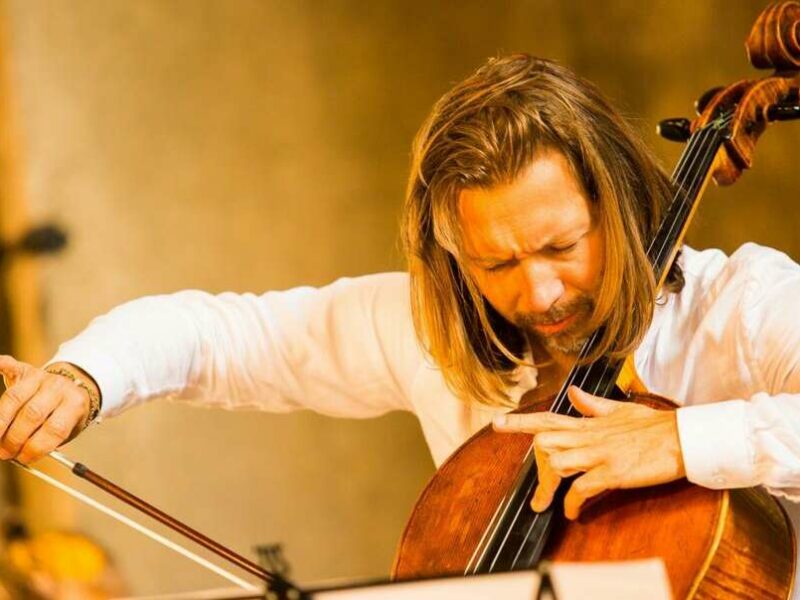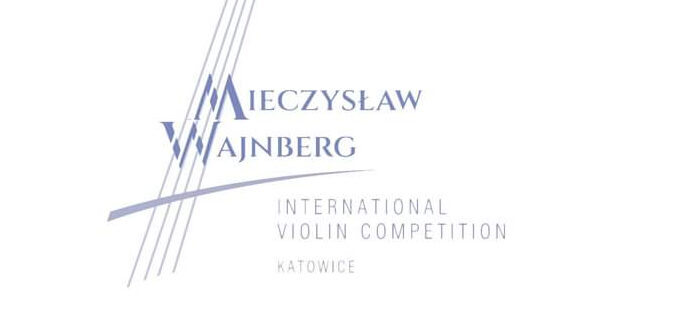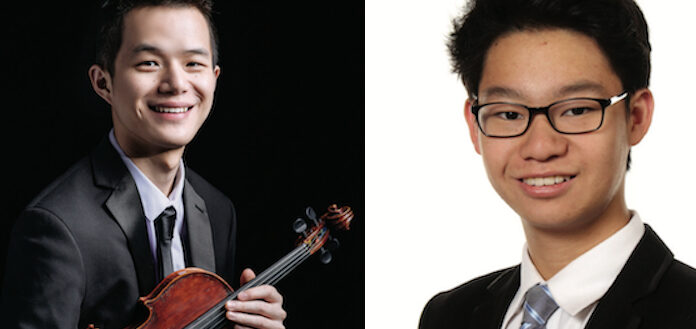VC INTERVIEW | Gordon Back — Long Term Menuhin Competition Artistic Director
The Violin Channel recently sat down with the Menuhin Competition's Artistic Director to discuss this year's very unique and challenging competition
Tell us about your association with the Menuhin Competition?
My association goes back a long way. I was the first official pianist for the first one in ’83, So I have known it from the offset. When Yehudi died in 1999, I was invited to be the artistic director from 2002 and my first competition was 2004 in London.
What are some of the highlights since 1983 that really stand out in your mind?
There are too many. There are different challenges and excitement with each competition. It reinvents itself every time, which is really invigorating. In 2004, Ray Chen got third prize in juniors, and I thought, 'Wow this is a special talent.' He didn’t win first, but I just remember his sound and the potential. And, of course, he came back in 2008 and won first prize.
We make it difficult for ourselves with the fact that we move locations. It’s a lot of work, but the excitement from when we hear the kids live makes it worth it. It’s nurturing to develop this talent for the future.
Why did you make the decision to move forward and not cancel the competition? People definitely would have understood if it was ultimately decided to cancel.
I think I just felt very sorry for the kids. For me, fairness is such a big issue. They’ve worked for two years on this particular program. If we’d canceled it, they wouldn’t have been able to enter into the different age categories for the cut-offs at 15. So, I just thought it was fairer to postpone it for a year later.
Definitely. So, how has the competition pivoted for the COVID situation? Tell us about the initiatives you’ve put in place for this year.
I wanted to simulate a live event as much as possible. I didn’t want the performances edited because they could potentially take 100 go’s and cut in the best ones. They had to do it in one complete performance. We had a clock there, so we could check that it was being done live and within the timings. There was also a proctor there to prove it was actually that competitor playing.
There were different things put in place as much as possible in that way. We offered to help the competitors in terms of venues and recording equipment to try to make the level feel as high as possible.
So all the competitors were given the opportunity to record in the hall, not with cellphones? Also, how did the repertoire change from the normal selection?
No cellphones at all, I wouldn’t allow that. We ensured that every competitor had access to a professional venue and recording equipment within their own cities and countries. That made it incredibly difficult. Different areas of the world were in a very strict lockdown.
The pandemic also made it interesting and challenging in terms of repertoire selection. I had to change the first round for the seniors, so it would be an unaccompanied round. This was because 5 of the 22 seniors actually didn't have access to a piano nor pianist. In the second round, we couldn’t have chamber music, so I took the sonata with piano from the first round and used it as the second-round selection.
For the finals, I added the second movement of a Mozart concerto of their choice because when I played in Indianapolis, I remembered the words of Joseph Gingold who said, ‘You can tell more in the first four bars of a Mozart concerto than anything about somebody playing, especially in the slow movement.’ And then, to make it interesting, I’ve also given them a choice of any piece they want of 7 min duration.
For the junior competitors, their final round was also different. They could play any first movement of a concerto of their choice, a 6 min piece of their own choice, and also the Bates — the new commission with the Richmond symphony with piano. You can’t expect students of this age to work on the same repertoire. They are going to constantly evolve and they devour repertoire at that age. So, the finalists have all chosen different concertos, five different concertos. Three of them are the same as the seniors so it is going to be fascinating. In the junior final, it’ll be the first movement of Dvorak, Sibelius, Mendelssohn, and Wieniawski 2. It’s pretty amazing, it’s going to be super exciting.
Did you ask the competitors to send their first two rounds simultaneously?
No. I purposefully wanted them just to concentrate on one at time. It is such a different experience from a live event where you have this communication between audience and performer. I think the hardest thing in this situation is having to record. They finish recording and there is no audience reaction. So, I just wanted them to concentrate, record the first round, give it to the jury, then they have a month to record the second one, and some of them have a month to record the final.
You’ve been working ahead with all of the rounds, but you’ve still kept the same amount of rigor in the jury process?
I thought that was the fairest way to give them enough space and enough prep time. I think the result will be of high caliber, absolutely fabulous. I don’t vote, but it is super exciting to hear them.
How has the jury process changed?
We had to change a couple of people on the jury because they were booked to do it in 2020, but then had other engagements this year.
Of those who could make it, I had great people like Valentina Peleggi, the new conductor of the Richmond Symphony, Alfred Kraggerud, and Angelo Xiang Yu. I also loved bringing back jury members who have been former prize winners like Ray or Angelo.
The jury works in their own bubbles and they’re not allowed to speak to each other. They vote totally separately then I send them the results. I wanted them to simulate a live event. I asked them to only listen as if it’s a live event once, and then send the votes in. The live competition is a very social and friendly event, and the jury always talked to the ones who don’t progress in the end, which is very important for the kids. I wanted that process to be very involved virtually. Therefore, the jury (after voting) could go back to each tape and make lots of comments on each competitor that doesn’t pass. The competitors get an extensive write-up from a jury member, which I think they’ll get a lot from.
Absolutely. What initiatives do you have for your prize winners this year? Will we see them live at some point?
We are hoping that Richmond will play with the top four, two juniors and two seniors, live in 2022, and have a Menuhin weekend of concerts.
Can we have a scoop on where the next competition will be possibly held?
We haven’t signed on it yet, but I am very much hoping that it will be in the far east. We hope to announce it during the competition. It will be two years from now, in 2023. Working with a new country, a new host, it takes two years of preparation to set it up.
And actually, I didn’t plan it this way, but it works out that it’ll be the 40th anniversary of the first competition, because it started in ’83. It’ll be a nice celebration to hang our hats on.
What are some of the initiatives that Menuhin and Richmond have put in place to keep the special spirit and atmosphere alive despite being online?
We’ve worked very hard. Whatever I do in planning, from the artistic side, needs great teamwork. We have a great small team in London and a great team in Richmond as well. Virtually is very exciting, as it is the first time ever for us. Obviously, there are huge challenges, and I just cannot wait for it to be live again.
We have put different things in place like an engagement and outreach initiative for the competitors to work with kids in the school systems of Richmond. The Richmond kids sort of 'adopt a competitor,' look into the history of country they come from, and connect to them by video chat.
You are also hosting some live events with Richmond and some of the performers that are concurrent with this?
Yes, we are certainly trying for a few events. Carpenter Theatre seats 1800 people, but you’re only allowed to have 300 there, so there will be a couple of events there. For example, Angelo will play at the Gala concert.
So, having heard all of the tapes yourself and seeing the rounds, do you have a favorite, or do you have a prediction?
I never have just one favorite. I guess I have two or three who I think will do very well. Well, there are actually more than that who have this star quality.
But I don’t vote nor influence the jury in any way. When the results are in, they come to me first, and I sort of add up who passes. I get super excited and can’t sleep the night before. My wife thinks I go nuts like I am on 20 espressos a day. I have a good hunch for the top 2, but I really don’t know.
Wonderful! What do you think Menuhin would think about this year’s competition?
I think he would absolutely adore the talent that’s coming through. Music is still so alive, it’s still producing major, major international talents. The fact that we had 321 applications from 54 countries, shows that the level is as strong as ever, if not higher than Geneva. It is a great standard. I think he would have been thrilled that we can actually do it. These competitors have all risen to the challenges of changing repertoire and recording at home. We all have a lot to learn from them. It’s been amazing how much they’ve adapted.
july 2025
august 2025


